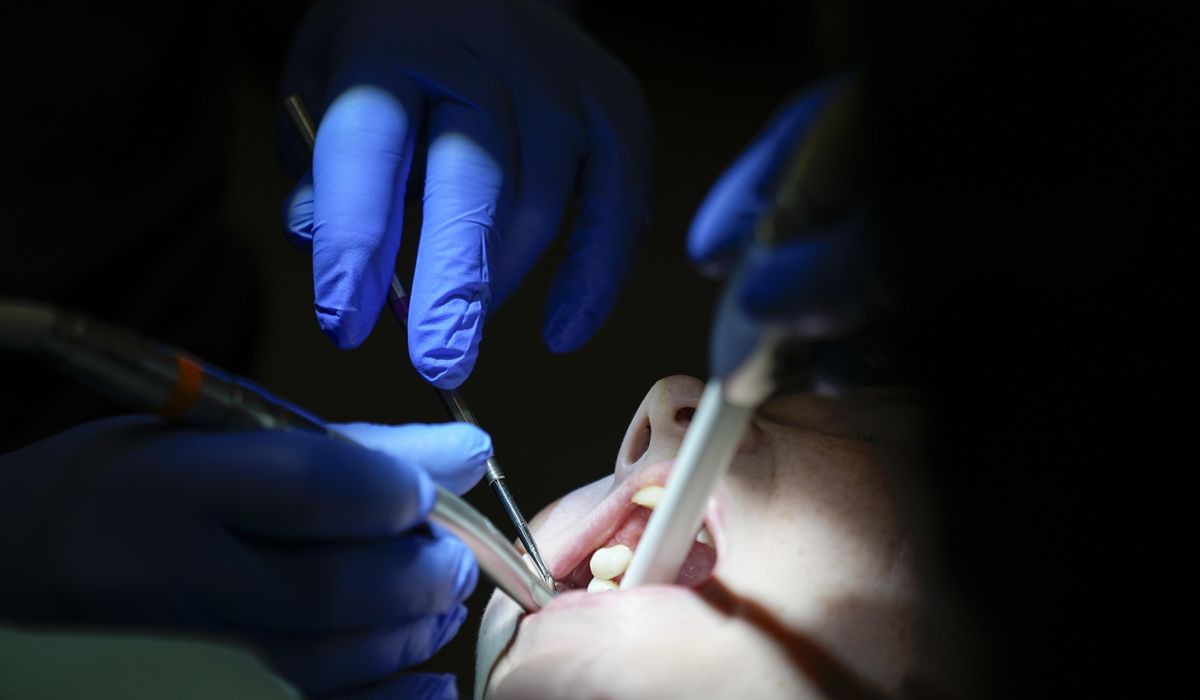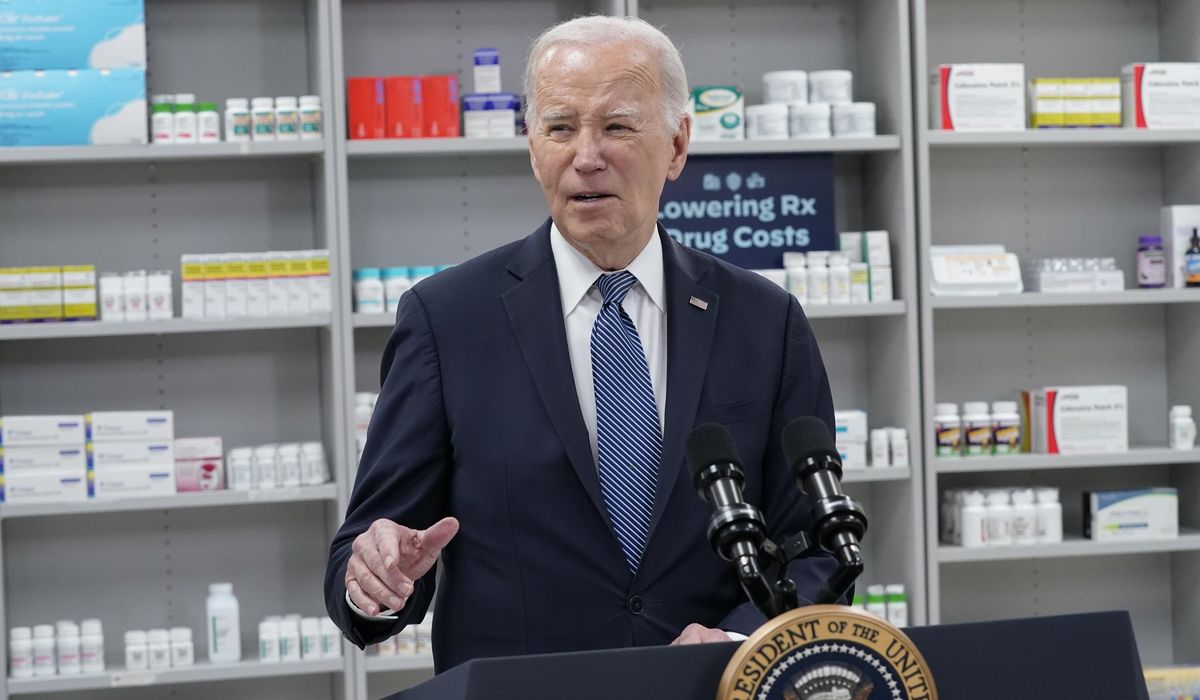Many States Offering Dental Care to Low-Income Residents Through Expanded Medicaid Programs
September 23, 2023 | by Kaju

NASHVILLE, Tenn. — For months, Carlton Clemons endured severe pain from a decaying wisdom tooth. He couldn’t afford to see a dentist on his limited income, but finally, Tennessee rolled out a program this year to provide dental care to over 650,000 Medicaid recipients aged 21 and older. This program, costing about $75 million annually, has been a life-changer for people like Carlton.
Medicaid, the federal and state health insurance program for the poor, traditionally only offered dental coverage for children. However, with an increasing recognition of the economic and health costs associated with poor dental health, and with additional funding through federal pandemic relief, six states have expanded their Medicaid programs to include dental coverage for adults.
While these expanded programs are a step in the right direction, there are still challenges in accessing dental care, with some dentists refusing to treat Medicaid patients. Additionally, many dentists face bureaucratic hurdles in expanding their practices.
Dental care is often seen as routine, but for those with limited resources, it can go unattended for years or even decades. This neglect has significant consequences, both for individuals and for society as a whole. Preventable dental conditions account for a significant portion of emergency room visits, costing billions of dollars annually. Untreated oral diseases also result in billions of dollars lost in productivity each year.
Expanding Medicaid dental benefits to cover adults is an important step towards addressing these issues. However, access to care remains difficult in many states, and reimbursement rates for dentists through Medicaid often deter them from treating Medicaid patients. Many advocates and dental professionals argue that improving reimbursement rates is crucial to ensuring access to dental care for low-income individuals.
Several states, including New Hampshire, Kentucky, Michigan, Maryland, and Tennessee, have recently expanded their Medicaid dental coverage. However, there are still states that offer limited benefits or have not yet expanded dental coverage through Medicaid.
While Tennessee has seen success in rolling out dental benefits under Medicaid, the state still faces challenges in building its network and increasing dentist participation rates. Many dentists, especially in rural areas, are not taking Medicaid patients, leading to long waiting times and extensive travel to seek care. Similar challenges exist in other states that have expanded their programs.
While the expansion of Medicaid dental benefits is a positive development, many beneficiaries are still being removed from the Medicaid program due to eligibility reviews. These reviews were prohibited during the pandemic but have resumed, resulting in millions of people losing their Medicaid coverage.
Despite the challenges, the expansion of Medicaid dental benefits is a crucial step towards improving access to dental care for low-income individuals. Dental health is closely tied to overall health, and addressing oral health issues can have significant positive impacts on individuals’ well-being and quality of life.
RELATED POSTS
View all


